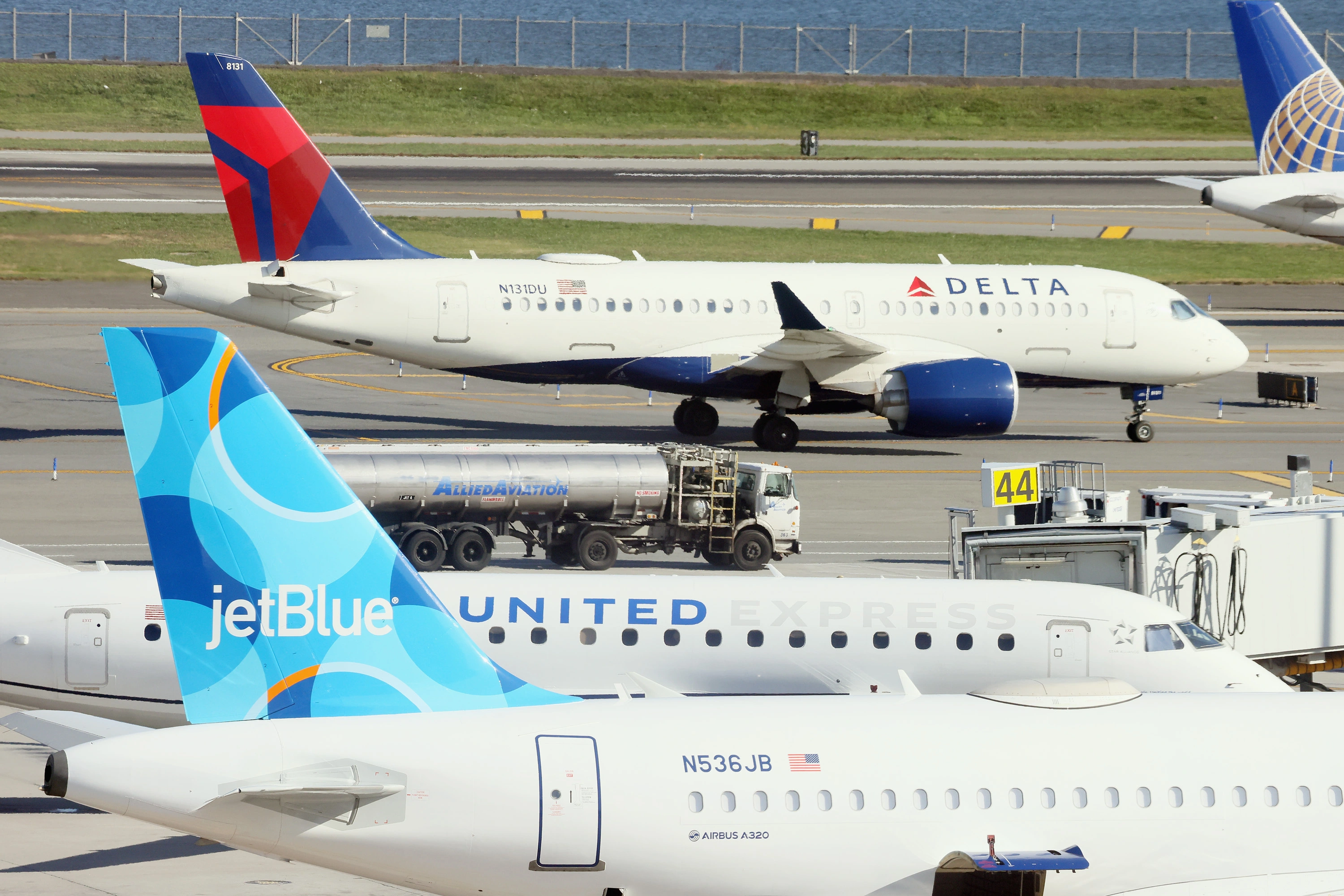The Covid era’s surge in air rage incidents is aiding flight attendants’ demand for a benefit they’ve been seeking since 9/11 — legally mandated self-defense training.
A provision in a major Senate aviation policy bill would require airlines to train flight attendants to “subdue and restrain” an attacker and defend themselves against weapons. The proposal comes after an unprecedented upswing in confrontations with unruly air passengers since 2020, which have forced flight crews to contend with everything from near-stabbings to broken teeth.
“Obviously the last three years have given us ample reasons for why self defense is an important part of training for flight attendants,” said Taylor Garland, a spokesperson for the Association of Flight Attendants, a union that has pushed for the training mandate.
Airlines in the past have argued that the costs of federal security mandates, including additional training, should fall on the government rather than private enterprise. The major U.S. airlines and their main trade group did not comment when asked their positions on the current Senate language.
“The airlines were always loath to pay for it,” said former Rep. Peter DeFazio (D-Ore.), who chaired the House Transportation Committee until early this year and led its aviation panel in 2001. DeFazio is now senior strategic advisor to lobbying firm Summit Strategies, though he has said he has no plans to register as a lobbyist.
He called airline opposition to paid self-defense training “irresponsible,” saying that “giving the training — particularly given the uptick of incidents — could be very, very useful and potentially avoid an incident at some point that could be catastrophic.”
Airlines for America, a trade group representing most major commercial airlines, said in a statement that “safety and security of passengers and employees is the top priority.” The group did not answer directly when asked if it supports or opposes the updated flight crew training requirement as written in the Senate bill.
The group said its members “train their crew members and other frontline employees in de-escalation techniques so that self-defense is used as a last resort,” and noted that its airlines “have partnered” with the Transportation Security Administration in support of an optional self-defense training course “for many years.”
United Airlines declined to comment. Delta Air Lines, American Airlines and Southwest Airlines directed POLITICO to Airlines For America. Spirit Airlines and Frontier Airlines did not respond to requests for comment.
Existing law already requires airlines to train their flight crews, including on self defense. But some flight attendants say the current requirement, as written, allows too much room for interpretation.



I’m very tall and I sincerely disagree with your first claim. The person in front of me reclining brings the back of their chair directly into my knees, I don’t need leg room I need knee room. If I then recline it pushes the bottom of my chair forward making it even worse. It is literally the worst of all possible solutions for me.
Fair enough! I’m sure our experiences vary. I don’t really fly that often (maybe a couple trips a year, at most). Also you say “very tall” which I’d assume is taller than me, from context.
Plus I think it also depends on airline - some of them tout their coach legroom. So I’m sure that’s different too.